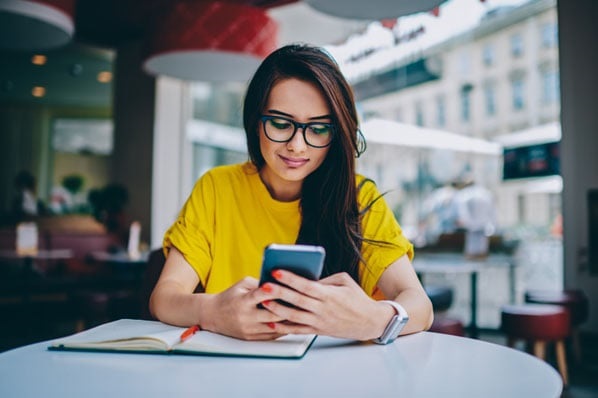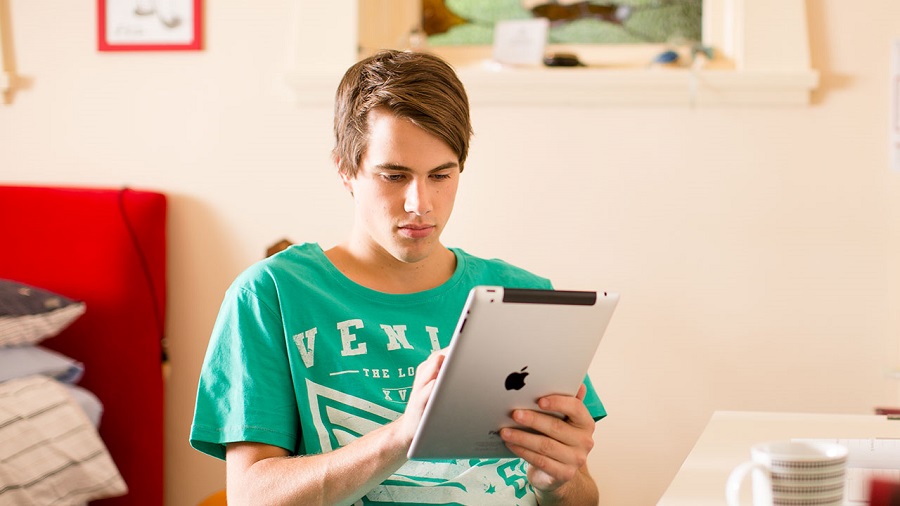Decade of Digital Ties: How Social Networks Reshaped Our Lives

The past decade has borne witness to a tectonic shift in human behavior, social dynamics, and even self-perception. Central to this transformation are social networks. As they’ve woven themselves into the fabric of our daily lives, the ripple effects have been profound. But how exactly have our lives altered in this age of likes, tweets, and stories?
Communication: Immediate and Omnipresent
The art of communication has undergone a revolution. Gone are the days of handwritten letters and awaited phone calls. Now, it’s all about instant messaging, video calls, and of course, emojis. We’re more connected than ever, with friends and family just a tap away, irrespective of geographical boundaries.
However, it’s not just personal communication that has evolved. Professional environments have adapted to the digital age, with platforms like LinkedIn enabling networking and collaboration on an unprecedented scale.
But there’s a caveat. The rise of digital communication has somewhat eroded face-to-face interactions. Many argue that while we’re more connected, we’re also more isolated, often hiding behind screens.
Information and Awareness: Virality is the New Normal
Today, news travels not by word of mouth but by shares and retweets. Social networks have democratized information dissemination, making anyone with a smartphone a potential news source. Movements like #BlackLivesMatter or the Ice Bucket Challenge garnered global momentum thanks to these platforms.
However, this easy access to information comes with the peril of misinformation. The spread of fake news has become a significant concern, requiring users to be more discerning and critical of what they consume online.
Personal Branding: Crafting Digital Identities
Our online personas, for many, have become as vital as our real-life identities. From Instagram aesthetics to Twitter bios, we spend significant time curating our digital presence. Influencers, a career born out of social media, epitomize this shift towards personal branding.
For businesses, this move to personal branding is even more pronounced. Companies now personify their brands, engaging with audiences in a more casual, relatable manner, often using humor or pop culture references.
But, there’s a downside. The pressure to portray a ‘perfect’ life online can lead to mental health issues, with many grappling with self-worth and validation.

Entertainment: Content Consumption Redefined
Entertainment isn’t just about television shows or movies anymore. It’s about TikTok dances, viral challenges, and meme culture. User-generated content has taken center stage, with platforms like YouTube creating a new breed of celebrities.
Additionally, the interactive nature of these platforms has fostered community building. Fans don’t just consume content; they engage, discuss, and even influence its direction through feedback and fan theories.
Business Dynamics: The Social Marketplace
The business landscape has been rewritten with social media at its core. From targeted advertising and influencer collaborations to customer service via DMs, companies are leveraging these platforms at every stage of the consumer journey.
Furthermore, platforms like Instagram and Facebook have integrated shopping features, blurring the lines between social networking and e-commerce. The modern consumer’s journey often begins and ends within the confines of a social network.
